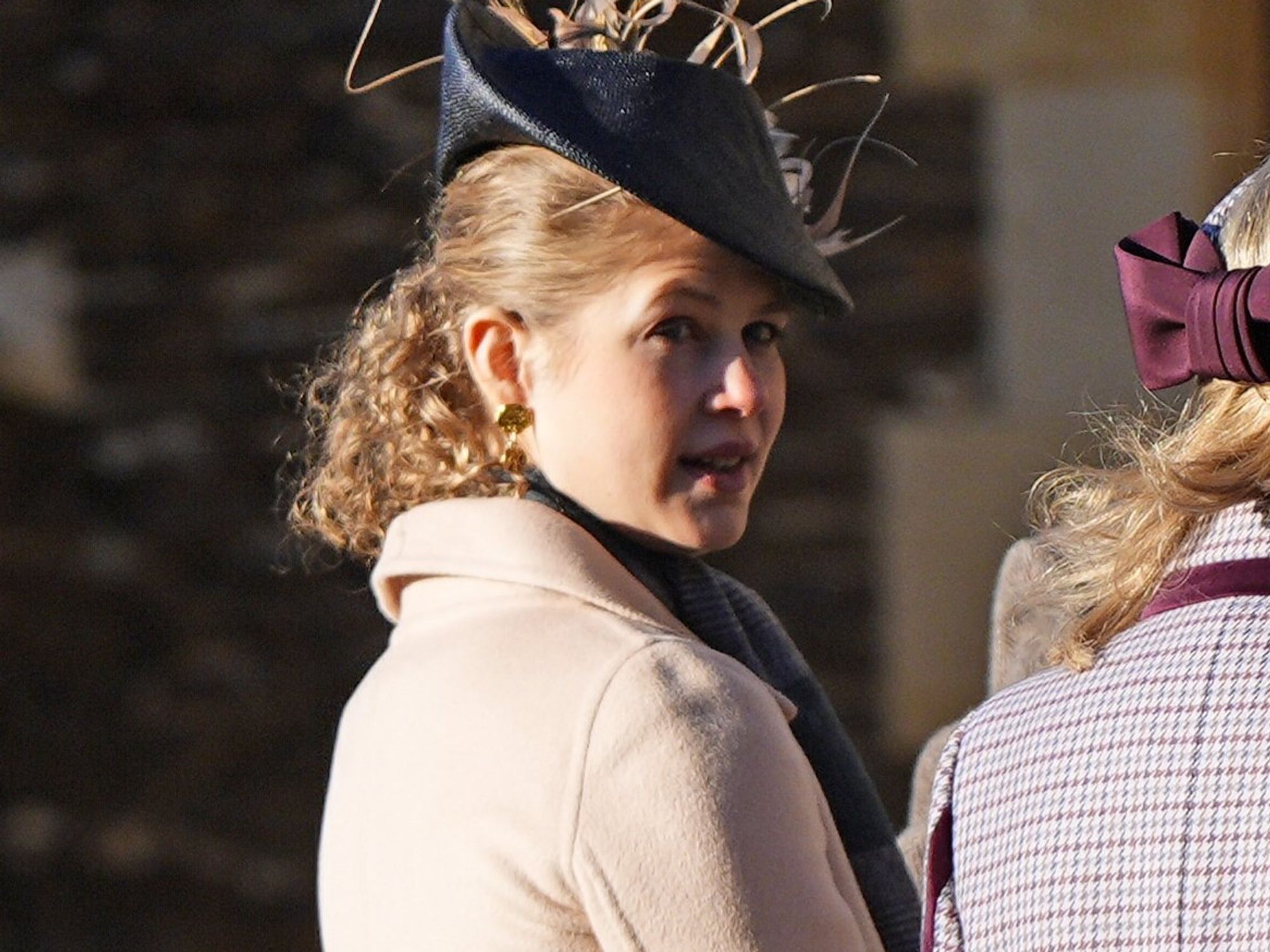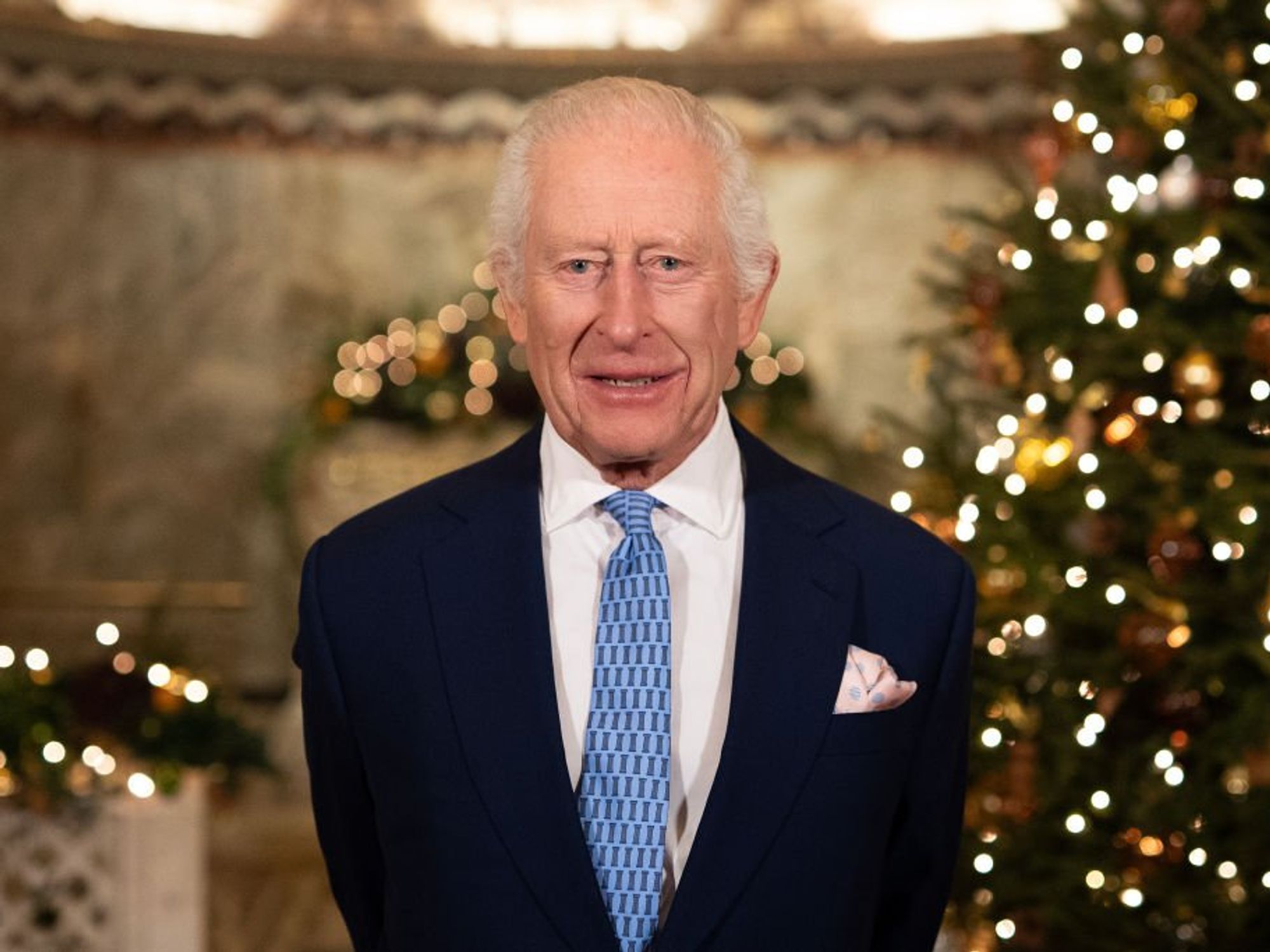Pensioners need ‘£638,000 pot and careful planning’ for a ‘comfortable’ long retirement

Retirees need a defined contribution pension pot of £638,000 to live “comfortably” from 67 to 100, research suggests
|GETTY

How much a person needs for their retirement is hard to predict but with more people living until 100, planning ahead is crucial.
Don't Miss
Most Read
Retirees need a defined contribution pension pot of £638,000 to live “comfortably” from 67 to 100, according to new calculations, sparking calls for working Britons to take their retirement saving plans "very seriously".
A pension pot of this size would maintain the Pensions and Lifetime Savings Association’s (PLSA) “comfortable” standard of living, providing £37,300 in annual income, research by Evelyn Partners suggests.
Lucie Spencer, director in financial planning at UK wealth manager Evelyn Partners, said this “hefty” amount needed was “startling when you consider that the average pension wealth of those between 55 and state pension age is just £37,600, according to the ONS”.
She added: “All this goes to show that today’s workers need to take personal saving towards retirement very seriously if they are not to risk a big drop in their standard of living - particularly given the ongoing uncertainty over the affordability of the state pension and triple lock in their current form.

Pension saving and retirement planning is a 'crucial matter', the expert warned
|GETTY
The modelling assumes the saver takes the full state pension and the 25 per cent tax-free lump sum at age 67, income keeps pace with inflation at two per cent a year and their drawdown fund grows five per cent annually.
The PLSA currently estimates that a single retiree living outside of London would need a total annual income of £37,300 (including the state pension) for a comfortable retirement. For a moderate standard of living, pensioners are expected to need £23,300, and £12,800 for the “minimum” standard.
Addressing annuities, Ms Spencer continued: “If we look at an annuity to provide that ‘comfortable’ level of income, then recent quotes are coming in at about £443,000 for a single life, good health annuity at age 67 that increases at two per cent pa but with no other guarantees - which means a pot of £591,000 if the tax-free lump sum was taken in full.
“This reflects the greater value that lifetime annuities can provide for those who live well beyond average life expectancy.”
However, these substantial estimated sums for required pension pots could be on the low side, the experts warned.
Ms Spencer explained: “We used a two per cent assumption for inflation as that is the Bank of England target but it’s widely suspected that the rate could remain above that in the medium and even the long term, so that drawdown pots risk being depleted more rapidly unless investment returns can compensate.
“Moreover, the rate of inflation for those aged 80+ is likely to be higher than the average due to the make-up of the basket of goods and services that they tend to consume. Increases in care home fees and heating costs, for instance, tend to have a higher impact on people over age 80.
“Also, the pot is run down in retirement to pretty much zero on death at age 100, but when speaking with clients who are over 80, one of their biggest concerns is around the transfer of wealth – or what they want to leave to their family, and how best to do it. “
The number of centenarians in the UK hit a record high in 2021, more than doubling since 1991 to 13,925, so despite recent reports of average life expectancy in the UK falling back, living to 100 seems to be becoming more likely.
Ms Spencer said: “The Covid pandemic had what is hopefully a one-off impact on recent life expectancy data, but also the current average expectancy of 79-82 years hides some very significant differences across the population.
“For many better-off people who have worked in white-collar jobs, maintained healthy lifestyles and managed largely to avoid chronic illness, their likely age at death will be much higher. Within the current UK population, around 3.2 million people are aged more than 80 years.”
LATEST DEVELOPMENTS:
It means someone who waits until the state pension age, which is rising to 67, to retire could “quite easily” need 25 years of pension income.
Ms Spencer continued: “This is a crucial matter, as obviously no one wants to spend their later years in strained financial circumstances or in ill health.
“And while the latter is partially out of our control, it’s not entirely unrelated to financial security and the comfort – both physical and mental - that sufficient savings can provide.”
While paying off a mortgage could mean outgoings “moderate” in the later phase of retirement, other costs could be an additional burden on budgets.
Ms Spencer explained: “Care, medical and heating costs could place a greater demand on incomes, so we would encourage the young and middle-aged workers of today to think carefully about the prospect of living well into their nineties.”










